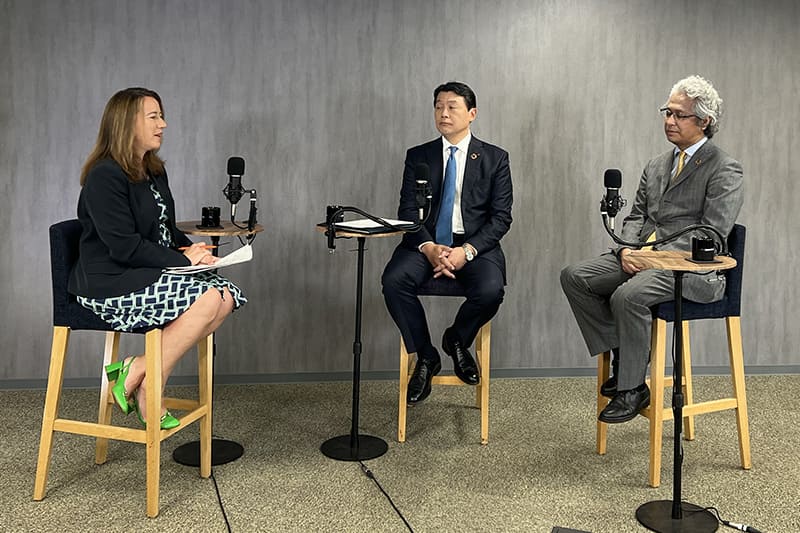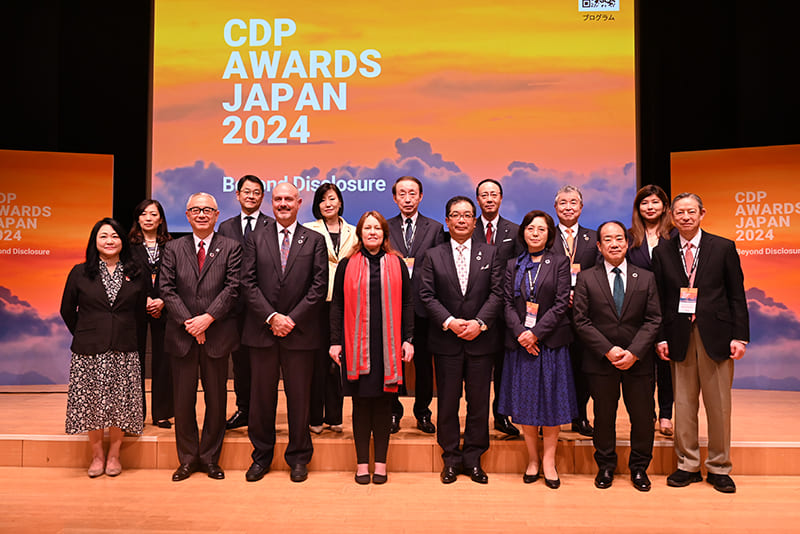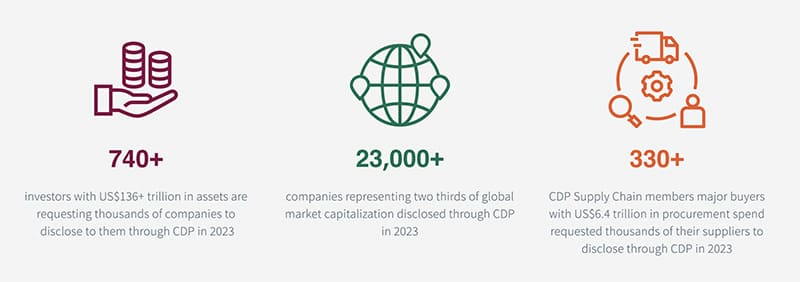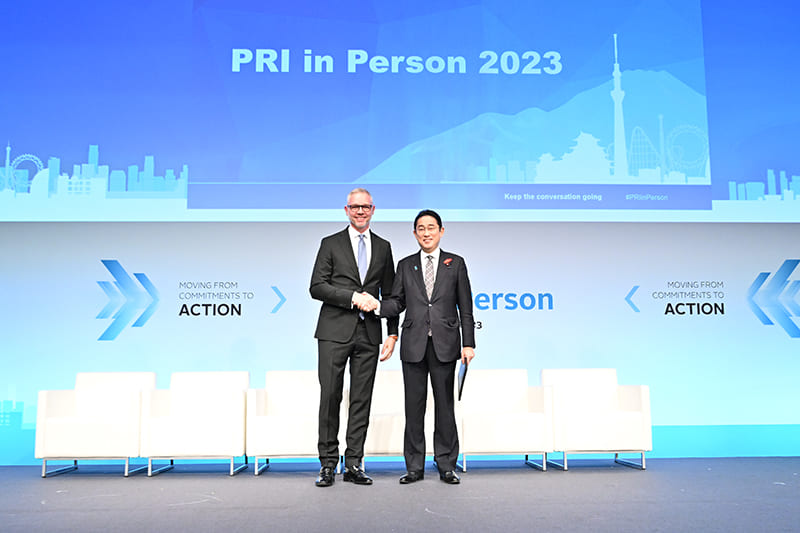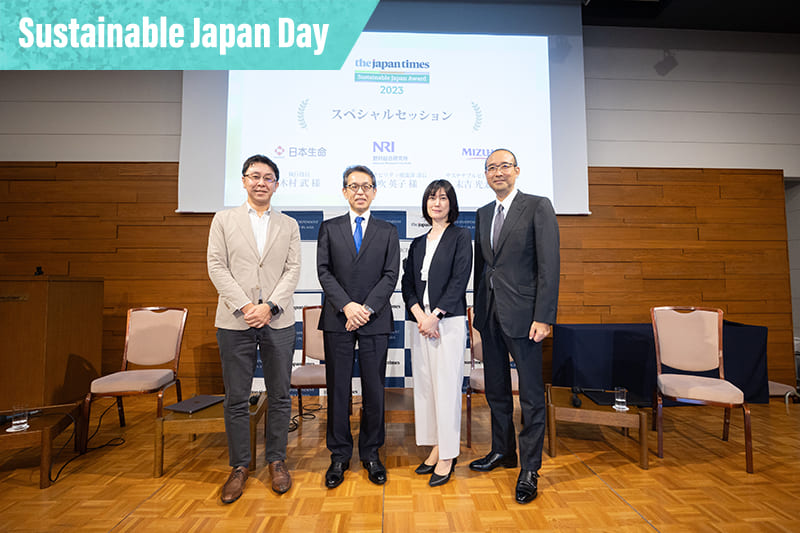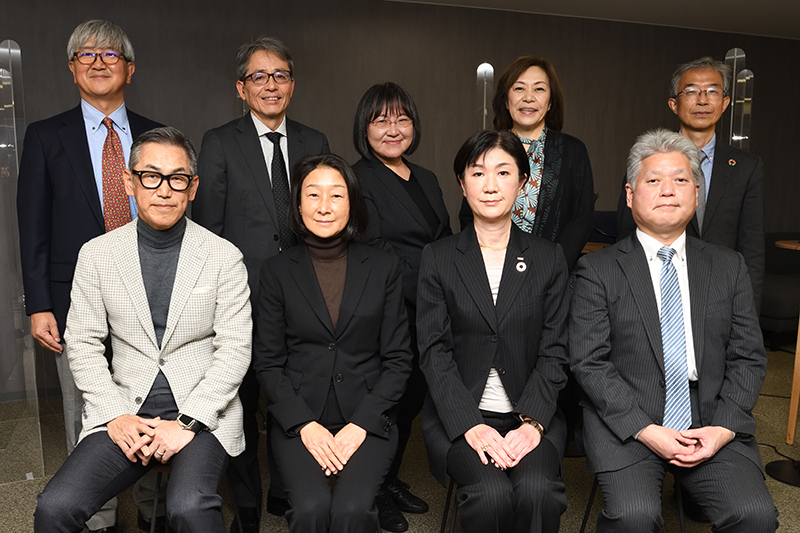March 26, 2024
FSA head discusses helping firms, individuals take a long-term view
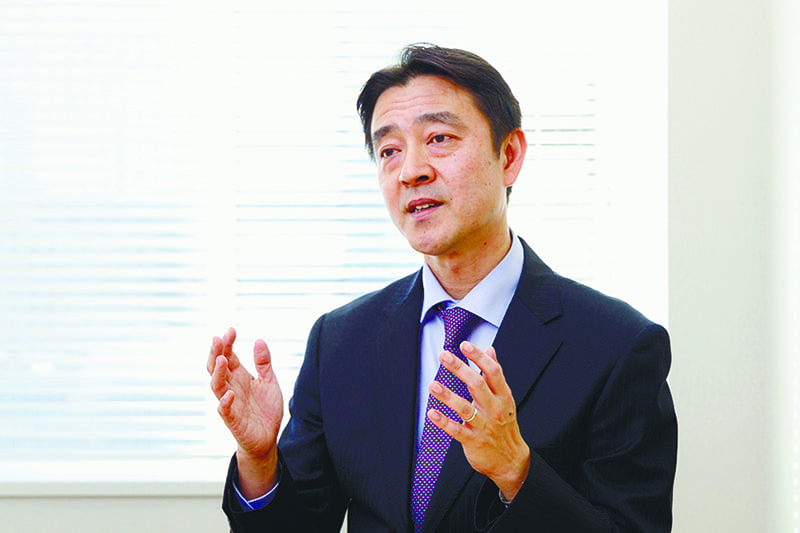
Amid increasing global attention to the transparency of companies’ sustainability performance, most important is whether or not disclosure enhances their growth strategy, according to a senior official for the Financial Services Agency.
“Japanese companies have been working on sustainability disclosure very proactively,” Hideki Takada, director of the agency’s division for strategy development, told The Japan Times in a recent interview. He insisted that sustainability reporting should not become a mere formality, saying, “What companies are required to do is to think why sustainability is important to their business and what they should disclose based on their strategy.”
Companies in Japan face hurdles to overcome when preparing for sustainability disclosure. One difficulty is that detailed regulations have not yet been established, Takada said — there are no officially set standards specifying what kinds of nonfinancial data need to be disclosed showing companies’ impacts on climate change, the environment and various social issues, or how those parameters affect their business.
Such standards are in the process of being developed. The International Sustainability Standards Board, an independent body, finalized the first set of sustainability standards last year and is now working on the standards for the remaining areas. Based on the ISSB’s standards, the Sustainability Standards Board of Japan, established in 2022 to develop domestic standards and contribute to devising global ones, is expected to finalize the domestic version by March 2025.
Another thing that makes sustainability reporting difficult is that it can be hard to measure performance. Some data can be quantified, even if making precise calculations can be tough. Much tougher is disclosing such data for other companies in their supply chains. “Not every company has the ability to precisely calculate all the data in their corporate structure,” Takada said. In that case, companies are advised to report estimates or projections of how they can reduce emissions in the future, Takada said, adding that companies may also need to report qualitative information in some cases.
Despite these difficulties, some companies do successfully disclose such information and thereby increase their transparency on environmental and other matters. CDP. In 2023, out of the 1,985 Japanese firms disclosing, more than 100 made its A List, the highest level among scores running from A to D. Worldwide, CDP scored more than 21,000 companies on environmental disclosure, and about 400 achieved an A.
Global initiatives have contributed to the progress in developing common sustainability disclosure standards. The Task Force on Climate-related Financial Disclosures (TCFD), a U.N.-supported international initiative to provide frameworks for disclosing and managing climate-related risks and impacts, published its final recommendations in 2017. The final report was reflected on the ISSB’s first set of standards. As for biodiversity, the Taskforce on Nature-related Financial Disclosures (TNFD), a nature version of TCFD, released its final report on disclosure recommendations last September.
Japan tops the list of those declaring support for the TCFD’s final recommendations: Out of 4,925 companies and institutions worldwide that had shown their support as of last November, 1,488 were in Japan, according to the TCFD Consortium, a private-sector initiative comprising Japanese companies and financial institutions.
A sharp increase in the number of supportive Japanese companies was prompted by two events in the country, Takada said. One was the launch of the TCFD Consortium in May 2019 to back up the rising momentum for corporate sustainability-related disclosures. Its model for guidance on disclosures and shared examples of sustainability reporting were highly evaluated at the time and encouraged other countries to launch similar consortiums, he said.
Another was a policy speech in 2020 by then-Prime Minister Yoshihide Suga, who vowed that Japan would reduce its greenhouse gas emissions to net-zero by 2050 and become a carbon-neutral society. “Around that time, momentum over everyone — including business circles — needing to tackle this issue started to rise very rapidly,” Takada said.
To encourage companies to disclose various necessary information, it is important for institutional investors and financial institutions to conduct investor engagement — that is, direct communication with companies they invest in. In recent years, Takada said, an increasing number of overseas and domestic activist investors have moved beyond pursuing short-term returns and involved themselves in constructive dialogue with companies to help them manage their businesses with a longer-term outlook. “What is needed for investor engagement is a viewpoint of medium- to long-term returns,” he said.
There are some practical issues with investor engagement in local business arenas. For example, regional banks can have a hard time urging their main customers — usually small businesses — to deepen their understanding of ESG (environmental, social and governance) issues due to a lack of human and other resources. Amid growing global pressure on financial institutions to disclose “financed emissions” — the emissions by companies they finance — it is increasingly important for regional banks to help such companies commit to addressing sustainability issues, Takada said.
With the issues to address mounting, the government needs to help people understand financial markets and support their making investments in a country where a significant part of households’ ¥2 quadrillion ($14 trillion) in assets sits in bank accounts.
“What is important is that people who make investments with their own money have to gain enough knowledge and literacy on investments,” Takada said.
It is widely believed that many Japanese shy away from investing partly due to a lack of financial education, as well as bitter memories of sharp falls in stock prices in the decades after the economic boom of the late 1980s and early 1990s ended.
To encourage more people to risk their money in the markets, the government in January launched a new version of the Nippon Individual Savings Account (NISA), a type of tax-exemption program for small investments by individuals. Under the revised program, the upper limit of each person’s investments is higher, and the holdings are permanently tax-exempt.
The government will additionally set up a new institution for financial education, the Japan Financial Literacy and Education Corp. (J-FLEC), in April with support from the Bank of Japan, the Financial Services Agency and industry bodies like brokerages and banks. It will dispatch advisers to hold seminars in schools and companies and will also provide free consultation on managing household expenses and financial assets. “By creating an institution under the supervision of the government, J-FLEC will help to offer financial advice from a neutral stance,” Takada said.

